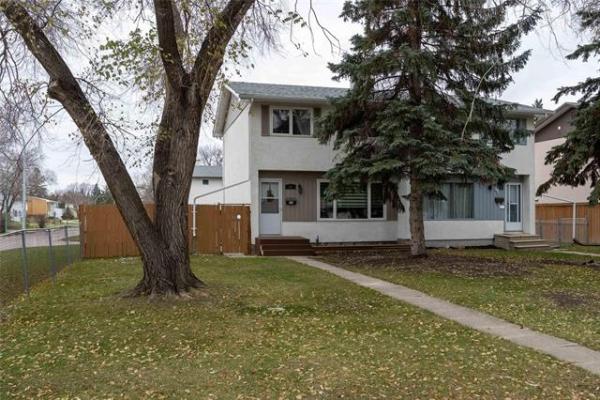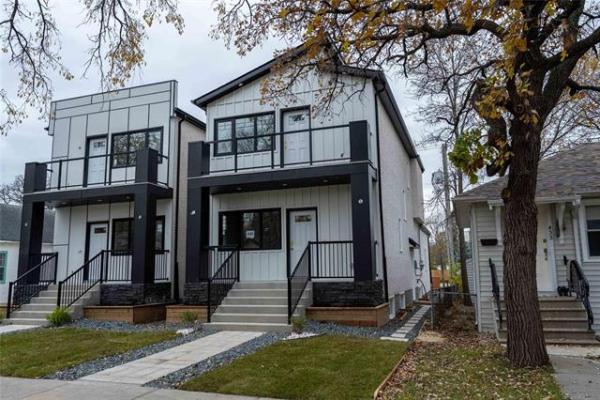On Monday, Oct. 3, federal Finance Minister Bill Morneau proposed a series of changes to federal policies and legislation affecting mortgage loan insurance, mortgage lending rules and tax treatment of capital gains from principal residences for foreign buyers.
Both the Canadian and Manitoba Home Builders Associations have serious concerns for potential homebuyers, particularly first-time buyers. Of particular concern is the "stress test" whereby all insured homebuyers must qualify for a mortgage at the Bank of Canada’s conventional five-year fixed posted rate, which is much higher than actual rates.
This will reduce the amounts available to buyers, thereby locking out many first-time buyers and possibly buyers who have already qualified but not yet secured their mortgage.
Conventional mortgages will also be affected by new portfolio insurance rules. According to a CHBA-commissioned study, one-third to one-quarter of first-time buyers could be removed from the market.
It appears as though the legislation was introduced as a response to rapidly rising prices in Toronto and Vancouver. However, federal legislation is federal legislation, so the entire country is impacted. The intent may have been to protect homebuyers from possible increases to interest rates in the future, but there is still no sign of that happening.
The aforementioned stress test requires buyers who may qualify for a five-year rate of 2.59 per cent to qualify at 4.64 per cent. It also sets a ceiling of 39 per cent for household carrying costs. Since only one in every 357 Canadian homeowners (and even fewer in Manitoba) defaults on a mortgage, are we attempting to solve a problem that doesn’t exist?
The unintended result is that renters who want to become buyers are going to be kept out of the market longer. An example floated was that someone who could afford $1,500 in monthly rent may not be able to afford or qualify for a monthly mortgage payment of $1,100 or $1,200. The same principle will apply to those people hoping to move up in the housing market. Their purchasing power gets downgraded under this new system.
One unfortunate consequence of this federal action may be stagnancy of the housing market in slow-growth municipalities such as Winnipeg. If renters cannot afford to be first-time buyers under this new scenario, apartments won’t open up for those wanting to move here. If current owners wishing to move up in price range find it more difficult to do so, movement in the housing market slows down considerably.
Finally, demand then slows for the new-home market, thereby negatively impacting growth and mobility in the city. This hits us where it hurts — job losses.
Creating a national policy for a two-city problem sounds like a strategy that needs to be revisited.
Mike Moore is president of the Manitoba Home Builders’ Association.



